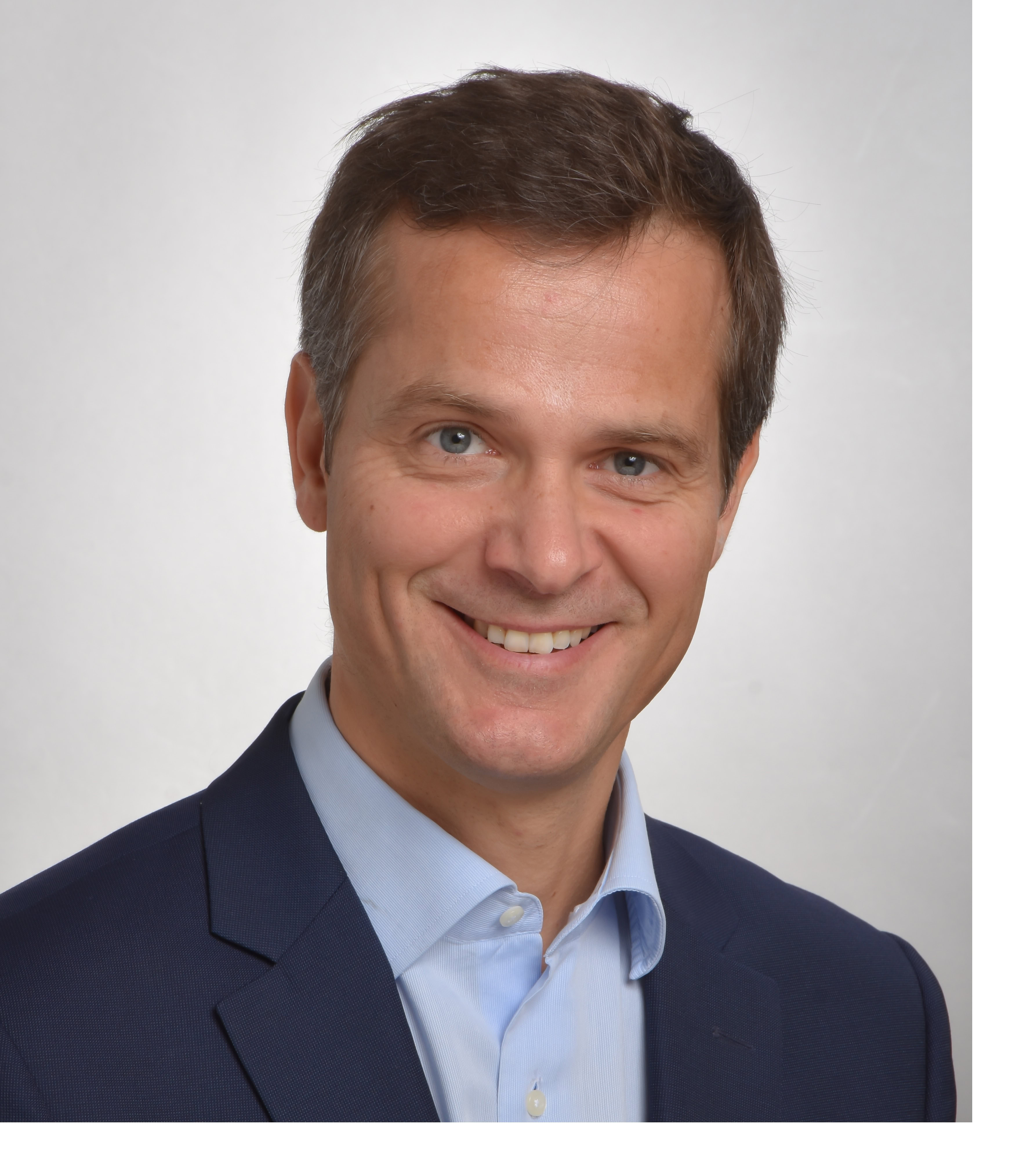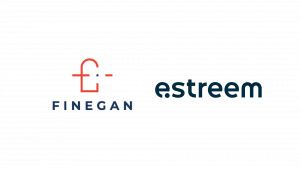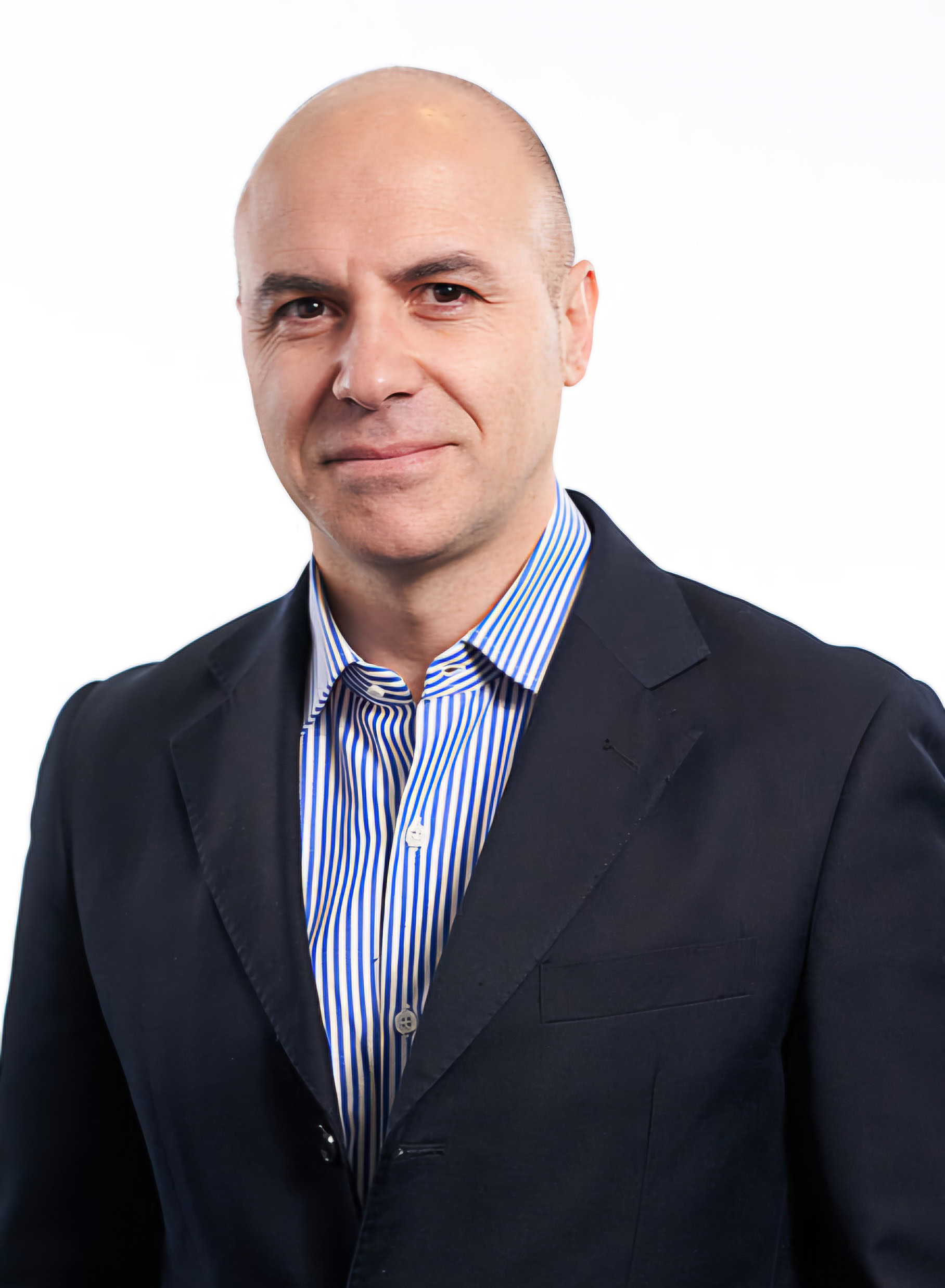A New Contender in Payment Processing

The result of an alliance between two major French banks, Estreem is a new card payment processing solution. Interview with Antoine Leclercq and Jean Fiadino (E.19)
BNP Paribas and Groupe BPCE have joined forces to launch Estreem, a major new player in card payment processing. But what exactly is it ?
Antoine Leclercq : Estreem is a new company, jointly owned by BNP Paribas and BPCE. Its mission is to become a leading European payment processor—handling the technical, secure back-end of card payments between consumers and merchants.
Jean Fiadino : Think of a simple in-store transaction. Estreem manages the entire payment flow—from the moment a card is inserted to the final authorization by both banks. It’s a complex process that demands speed, reliability, and ironclad security.
Why the name Estreem ?
A.L. : It’s a play on the word stream, which reflects the continuous flow of payment transactions, and the letter “E”, which evokes the digital and tech ecosystem. The triple ‘E’ in Estreem stands for Excellence, Expertise, and Europe—three pillars of our ambition to meet the rising demands of the European payments landscape.
What’s your vision for Estreem ?
J.F. : We aim to become France’s leading processor, handling around 30 % of the country’s card payment volume—some 17 billion transactions per year for BNP Paribas and BPCE clients. By 2028, Estreem will open its services to other financial institutions, with the goal of becoming Europe’s No. 3 payment processor.
A.L.: We’re also looking to expand through BNP Paribas and BPCE’s European footprint—like Fortis in Belgium and BNL in Italy—positioning Estreem as a credible alternative to traditional processors.
How are you adapting to fast-changing user habits ?
A.L. : Payments have become a strategic priority for banks. Consumers now choose their cards based on the user experience—and mobile payments, via Apple Pay, Google Pay, or bank wallets, are booming. On the merchant side, the expectation is the same:
frictionless, almost invisible transactions. That calls for constant innovation and infrastructure that can handle real-time processing in a highly secure environment. The investment required is substantial.
J.F. : Digital payments are on a sharp rise while cash usage continues to fall. In the Nordics, some countries are even considering eliminating cash entirely.
Is Estreem reshaping the French approach to payment processing ?
A.L. : Historically, French banks have kept payment processing in-house, unlike many of their European peers who outsourced to specialized providers. Estreem marks one of the first large-scale moves to modernize and mutualize these services. We’re also aligning with emerging solutions like Wero, a pan-European payment service launched in 2024 by Europe’s largest banks. Currently focused on peer-to-peer (P2P) payments, Wero will soon expand into e-commerce—potentially offering a homegrown alternative to global giants like Visa and Mastercard. This shift could significantly boost Europe’s digital sovereignty
Antoine Leclercq
CEO and founder of Estreem, he previously co-founded Axway, a spin-off of the Sopra Group.
Estreem
Combining the expertise of BNP Paribas and Groupe BPCE, Estreem provides top-tier payment processing services, tailored to evolving user behaviors and next-generation payment methods.

This article was written in collaboration with Finegan and Estreem

Published by La rédaction


